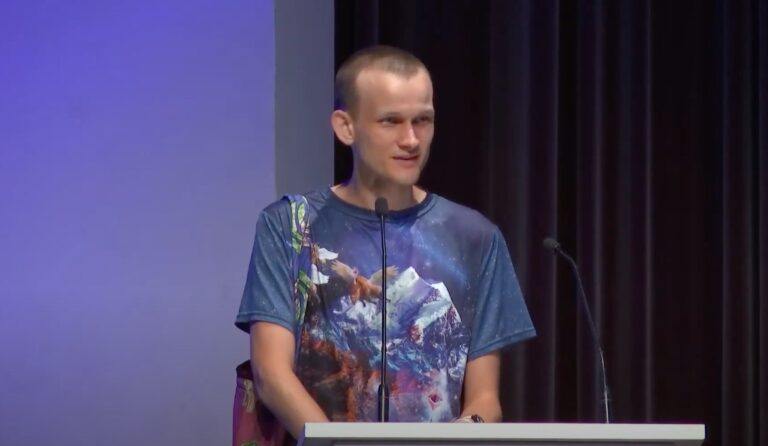In a blog post dated May 9, 2024, Ethereum’s co-founder Vitalik Buterin introduced an innovative concept to address efficiency issues within Ethereum’s transaction processing system. His proposal revolves around the idea of “multidimensional gas pricing,” which aims to optimize how Ethereum manages and prices computational tasks.
Simplifying Ethereum’s Gas Mechanism
In Ethereum, “gas” refers to the unit that measures the amount of computational effort required to execute operations like transactions and smart contracts. Traditionally, Ethereum has used a single-dimensional gas system where various types of computational efforts—such as executing commands, storing data, and handling complex cryptographic proofs—are cumulatively priced under one umbrella of “gas cost.”
The Problem with Single-Dimensional Gas
Buterin points out that this single-dimensional approach has a significant drawback: it oversimplifies how different resources are consumed on the Ethereum network. For instance, storing data might have a different impact on the network compared to executing a transaction. Treating these diverse activities as equivalent in terms of resource consumption can lead to inefficiencies and potential security risks. For example, if the network underestimates the resources needed for a transaction type, it could either reject safe transactions or accept potentially harmful ones.
Introducing Multidimensional Gas Pricing
To tackle this, Buterin proposes a system where gas is no longer a single entity but split into multiple dimensions—each representing a specific type of resource usage. This approach, already partly implemented in Ethereum’s EIP-4844 upgrade, allows for more accurate and fair pricing of the varied demands placed on Ethereum’s infrastructure.
Practical Applications and Implications
One practical manifestation of this idea is the introduction of “blobs” for rollups (layer 2 scaling solutions that help Ethereum scale by handling transactions off the main chain). These blobs are priced separately from regular transaction gas and have their limits, making rollup transactions significantly cheaper and more efficient. The differentiation in pricing helps in managing network demands more effectively without compromising the throughput.
What This Means for Ethereum Users
For everyday users and developers, this change means that transactions could become cheaper and the network more robust against spam and attacks. Developers, in particular, might need to rethink how they design their applications to optimize for the different types of gas costs.
The Future of Ethereum’s Gas System
Looking ahead, Buterin envisions expanding this multidimensional approach to other areas of Ethereum’s operation, such as storage. This could involve setting separate limits and prices for different types of data storage, potentially increasing the overall efficiency and security of the network.









